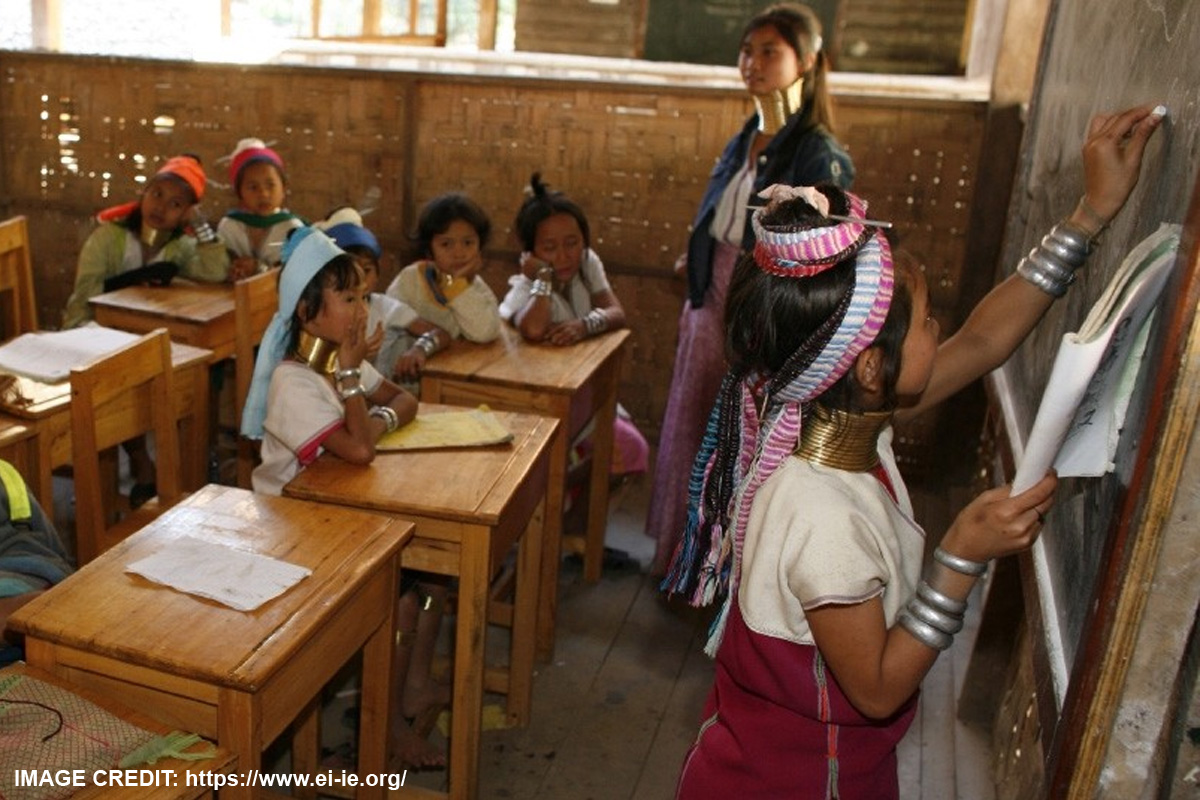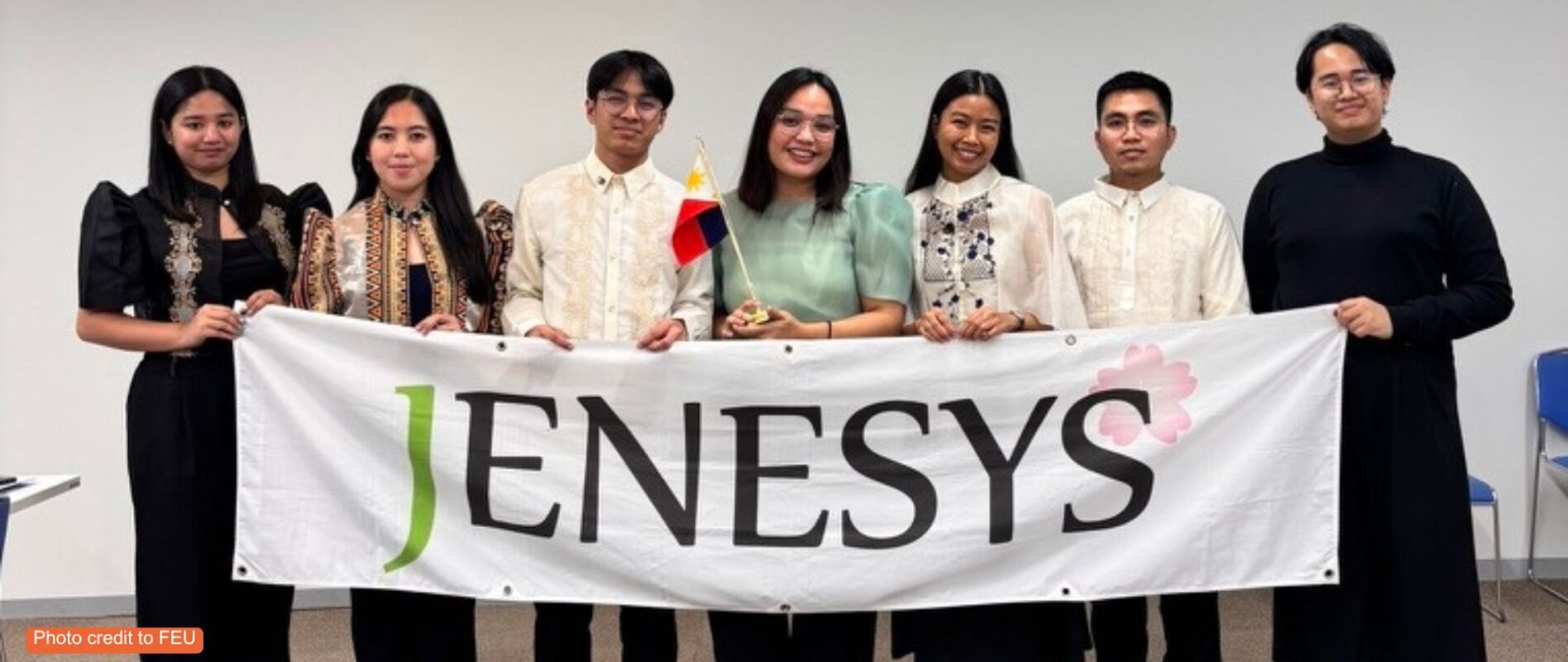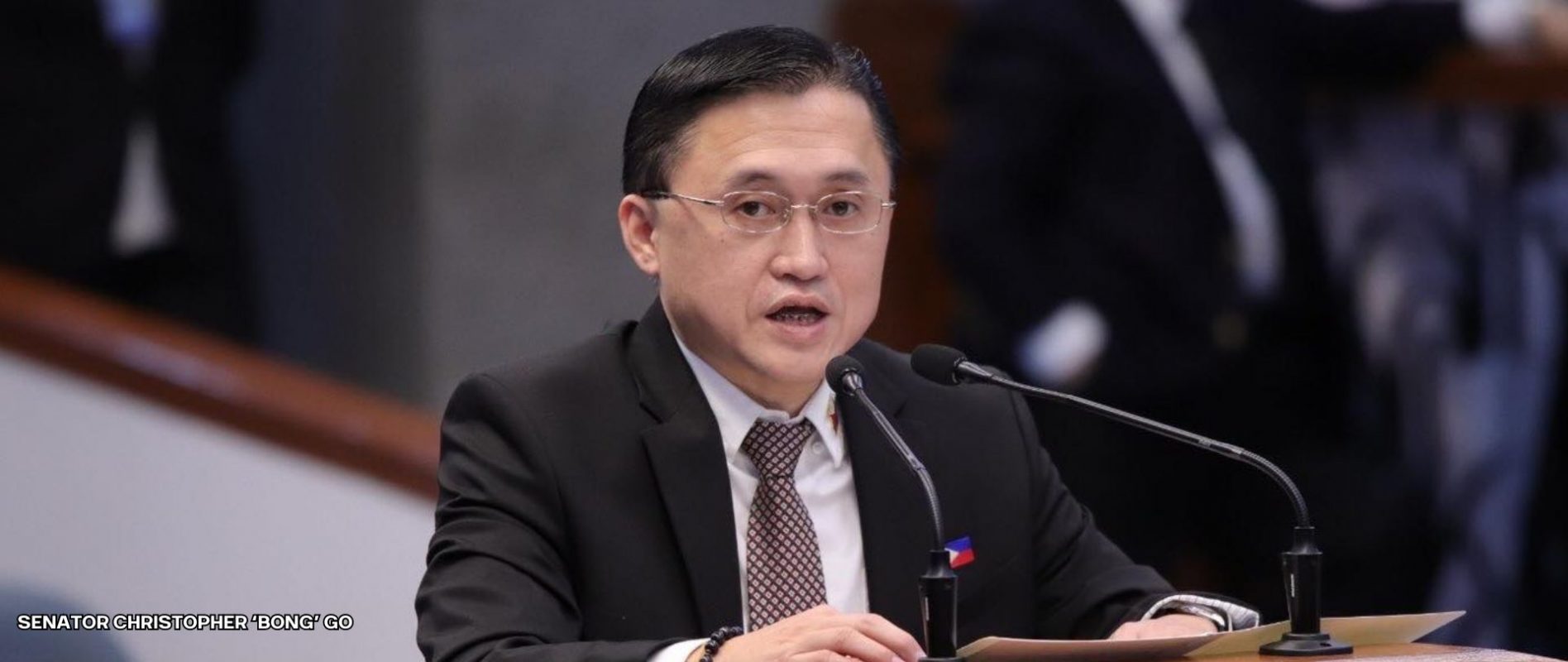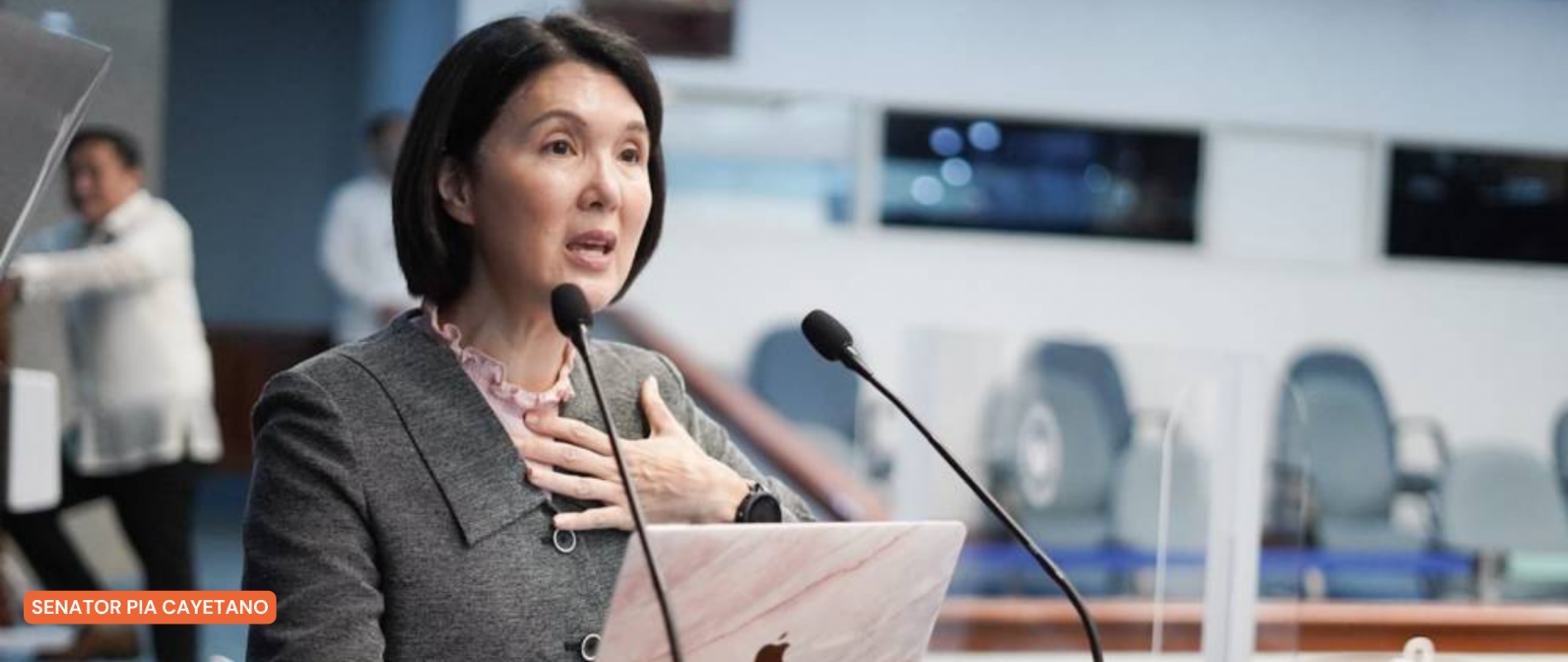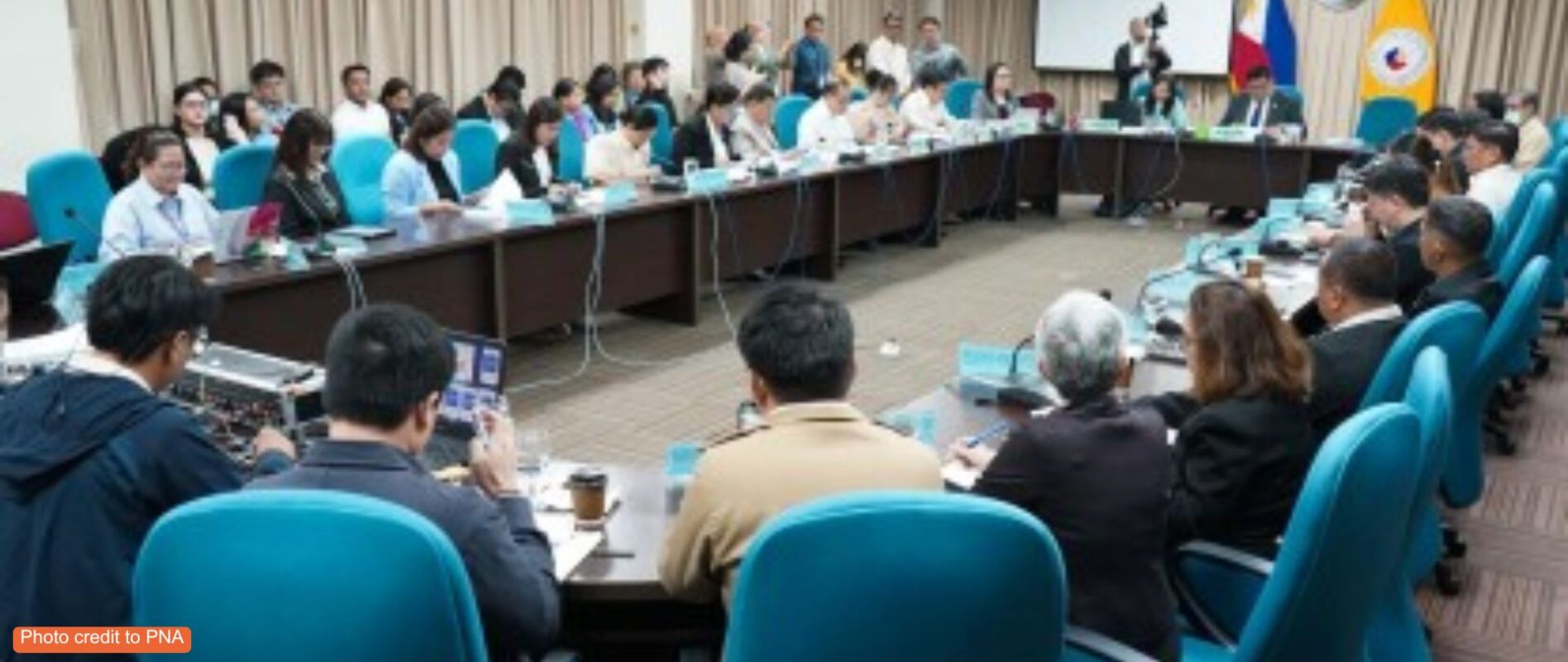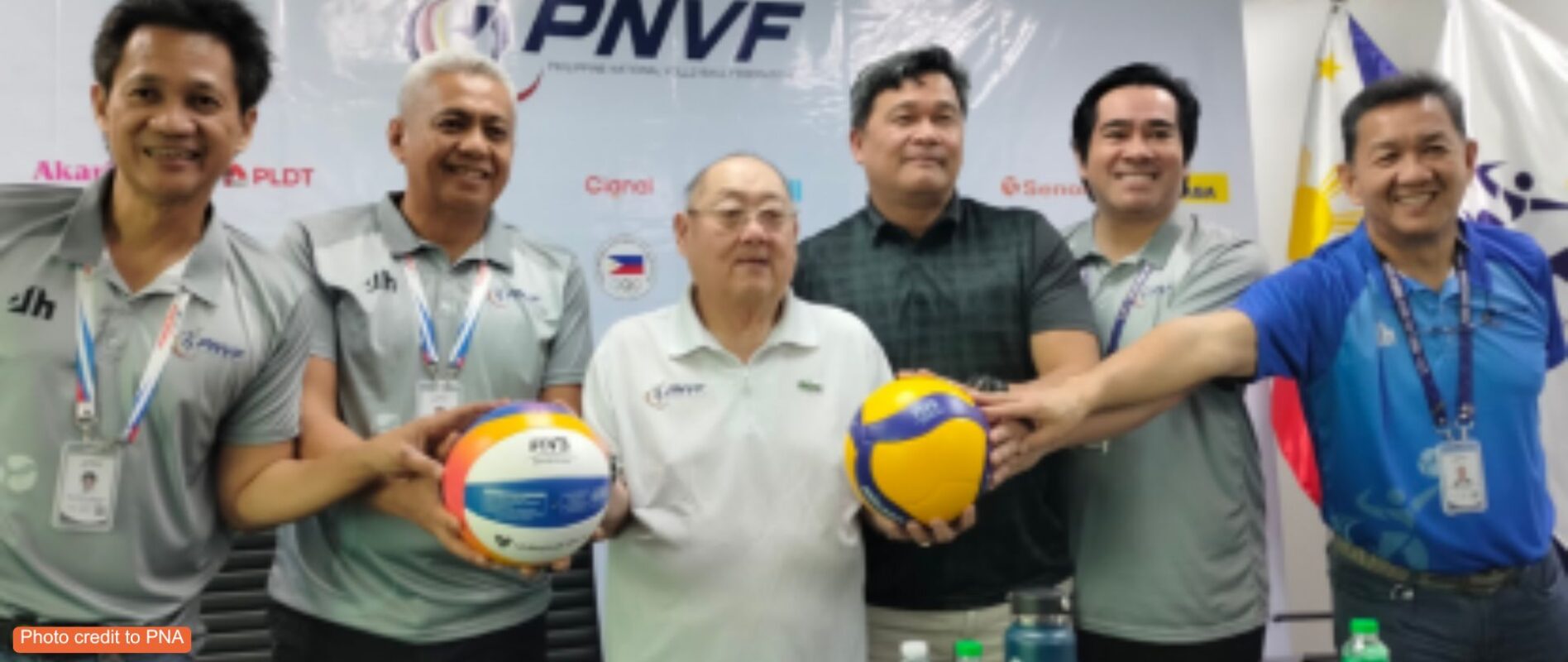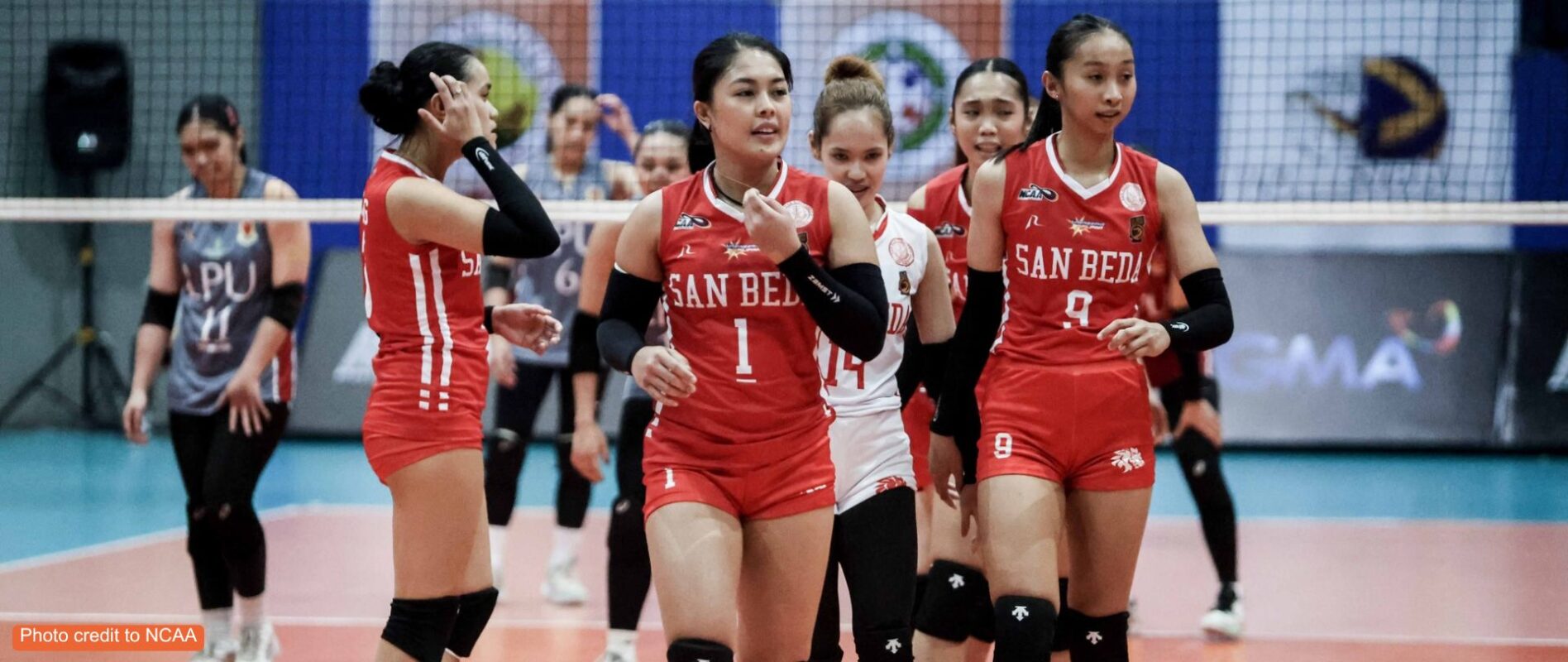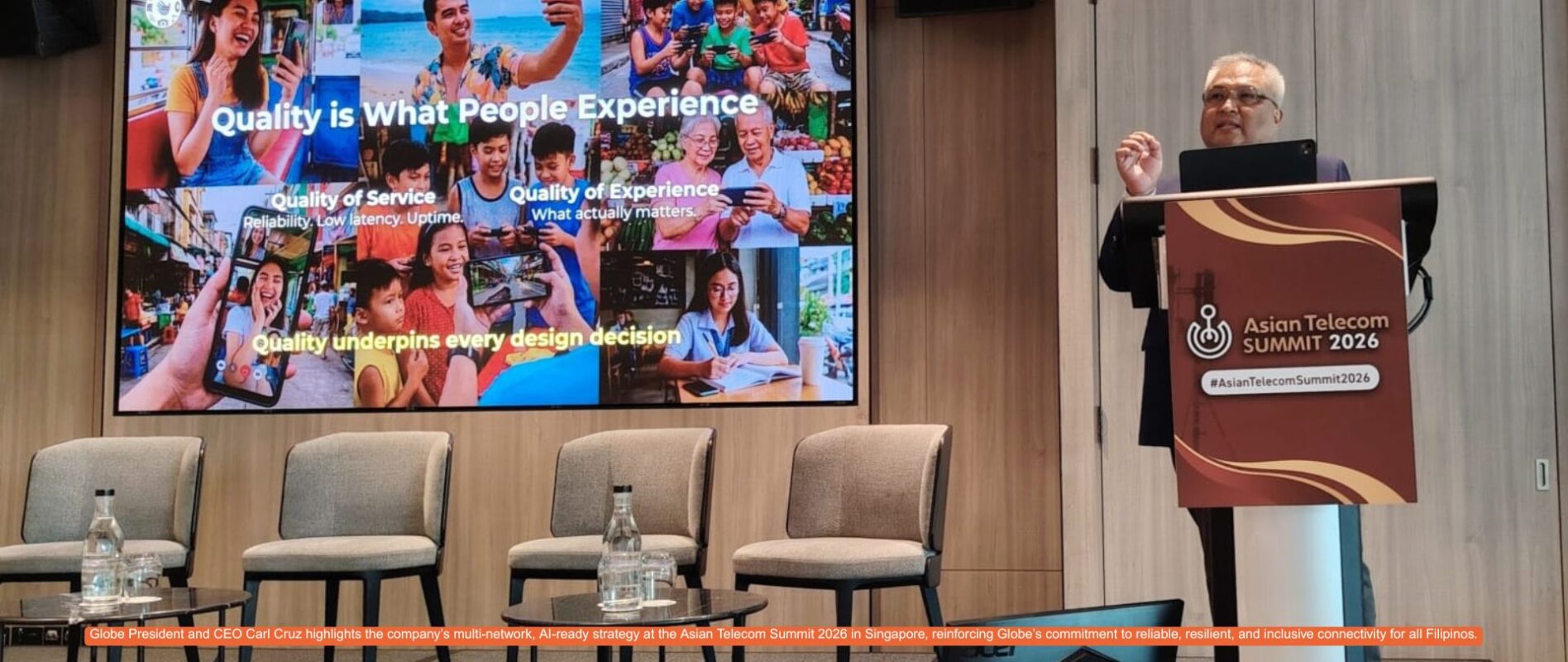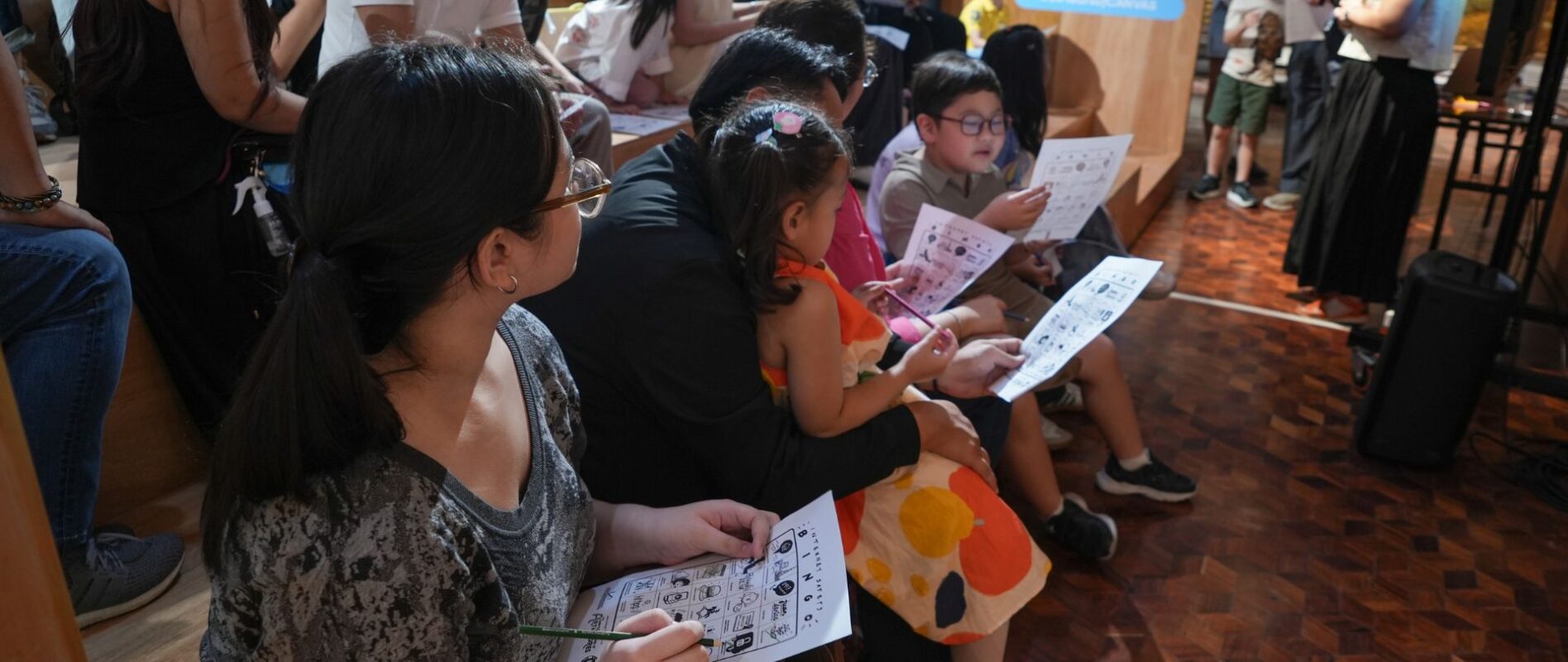INDIGENOUS PEOPLES TO SUFFER MOST FROM FLEXIBLE LEARNING
INDIGENOUS Peoples are expected to suffer most from the shift to flexible learning as they lack the necessary materials.
“Basically, naparakaraming marginalized ang naapektuhan dahil sa pandemic na ito in relation to their schooling, their studies. Isa na riyan ‘yung Indigenous Peoples especially since they are in far-flung areas,” said Commission on Higher Education Commissioner Ronald Adamat in an interview.
Adamat noted that although other students have been struggling with problems on internet connection and lack of gadgets, IPs are more affected as their schools are located far from the students homes.
He, however, assured that CHED has been mapping out guidelines and ways to address the issues which would probably be released this week.
CHED Memorandum Order no. 2 has approved offering higher education to IPs.
CHED has also been printing college modules to be used under the new normal in education.
According to CHED, flexible learning “ensures the continuity of inclusive and accessible education when the use of traditional modes of teaching is not feasible, as in the occurrence of national emergencies.”
CHED added that higher education institutions can open classes “whenever they are ready.”
Some universities and colleges have already started the school year while others will open classes early September.

